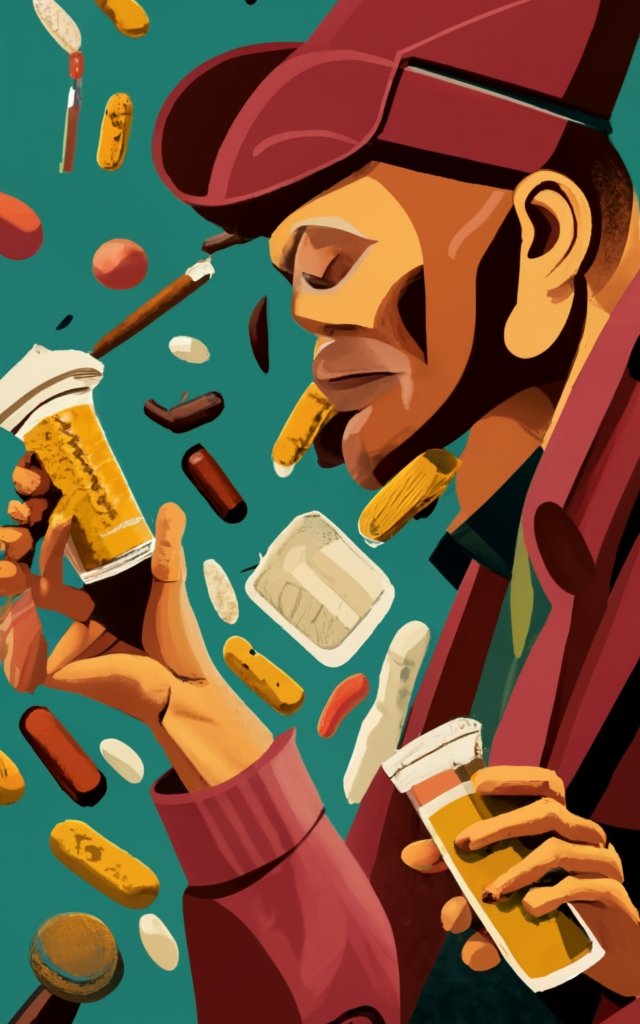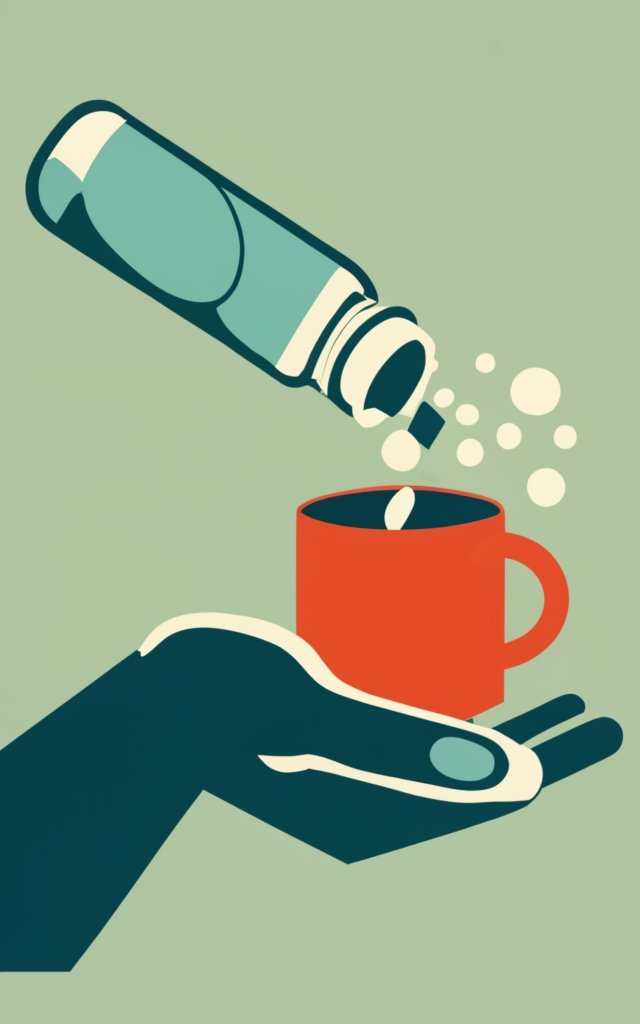Unraveling the Global Web of Drug Addiction Beyond Mere Numbers

In the heart of Bangkok, beneath the glow of neon lights, a mother’s faltering steps reveal a hidden addiction, echoing the struggles of millions globally. Recent data paints a bleak picture of rising drug addiction, but is there more to this than just numbers? Is there an intricate economic and human narrative waiting to be told?
The Economic Underpinnings of Addiction

The drug trade is more than just a criminal enterprise; it’s a reflection of deep-rooted economic dynamics. The market’s insatiable demand has led to a surge in drug users, with 37.309 million Americans aged 12 and above actively using illegal drugs in 2020. By 2030, Africa’s drug users are projected to rise from 60 million to 86 million. These figures hint at the economic incentives driving the drug trade, from Afghanistan’s poppy fields to Colombia’s cocaine labs.
Dr. Jane Martinez, a global drug policy expert, notes, “To intervene effectively, we must understand the economic forces at play. It’s not merely about curbing supply or demand but addressing the socio-economic factors fueling this cycle.”
Globalization has inadvertently amplified the drug trade. Struggling economies become drug production or trafficking hubs, lured by potential financial gains. Corruption, fueled by the drug trade’s vast sums, further hampers efforts to address the issue. The international nature of the drug trade, facilitated by globalization, has made it a complex issue that transcends borders. This internationalization demands a coordinated global response, which has been lacking in many instances.
Trade routes have evolved, with drugs moving through intricate networks, exploiting weak governance zones, and capitalizing on regions with lax law enforcement. The economic benefits, especially in areas with limited opportunities, make the drug trade an attractive proposition for many, further entrenching its roots.
The Human Toll of Addiction
Beyond the statistics lies a tapestry of human stories. Each number represents lives, families, and communities shattered by addiction. An Ohio teenager’s opioid experimentation spirals into a lifelong battle. In Nigeria, a young man seeks solace from unemployment through drugs.
However, an anonymous industry expert challenges this view, stating, “While socio-economic factors play a role, we mustn’t overlook individual responsibility.”
Dr. Martinez counters, “Drug addiction’s human cost is universal. It transcends borders and cultures.”
Families fracture, communities deteriorate, and generations grapple with addiction’s aftermath. Children in affected households confront challenges ranging from neglect to mental health issues. The societal burden is also evident in overwhelmed healthcare systems, law enforcement’s stretched resources, and the economic impact of lost productivity.
The emotional and psychological toll on families is immeasurable. Parents watch their children succumb to addiction, children see their parents deteriorate, and communities witness their youth being lost to drugs. The cycle of pain, despair, and hopelessness continues, with addiction often leading to other social problems, including crime, domestic violence, and child neglect.

Rethinking Established Narratives

The global stance on drug addiction has long wavered between criminalization and compassion. However, with rising numbers and more visible human stories, there’s a pressing need for re-evaluation. Portugal’s drug possession decriminalization has led to fewer drug-related deaths and reduced HIV infection rates. Could such models offer a more compassionate and effective approach?
Dr. Martinez suggests, “We need a fresh perspective that melds economic insight, human empathy, and innovative policy-making.”
Traditional “war on drugs” strategies have often backfired. These methods have resulted in overcrowded prisons and strained community-law enforcement relations, perpetuating poverty and addiction cycles. A holistic approach, focusing on root causes and emphasizing rehabilitation, might be the way forward.
The global community needs to recognize that punitive measures alone are not the solution. Rehabilitation, education, and community support play a crucial role in addressing the issue. Countries need to invest in robust healthcare systems that focus on mental health and addiction treatment. Moreover, preventive measures, including drug education and awareness campaigns, can play a pivotal role in curbing the rise of drug addiction.
Towards a Comprehensive Solution
As we confront the drug addiction crisis, we must delve deeper than mere statistics. The challenge is significant, but with a focus on understanding root causes and a commitment to holistic solutions, there’s hope. Dr. Martinez’s words resonate: “We must rewrite the narrative for both current and future generations.”
The road ahead is daunting. However, the stories of those affected by drug addiction serve as a powerful call to action, urging policymakers, communities, and individuals to unite against this global menace.
Collaborative international efforts are the need of the hour. Sharing best practices, pooling resources, and joint operations against major drug cartels can yield better results. The global community also needs to address the economic disparities that drive the drug trade. By providing better economic opportunities and improving governance, we can strike at the heart of the issue.
While the task is monumental, with a concerted global effort, a future free from the shackles of drug addiction is achievable. It requires a blend of empathy, economic understanding, and innovative policymaking. The time to act is now.



